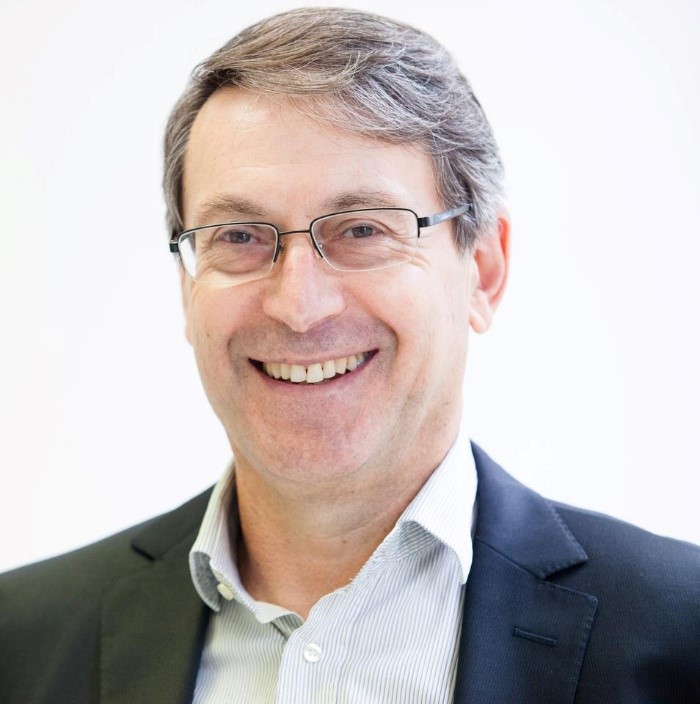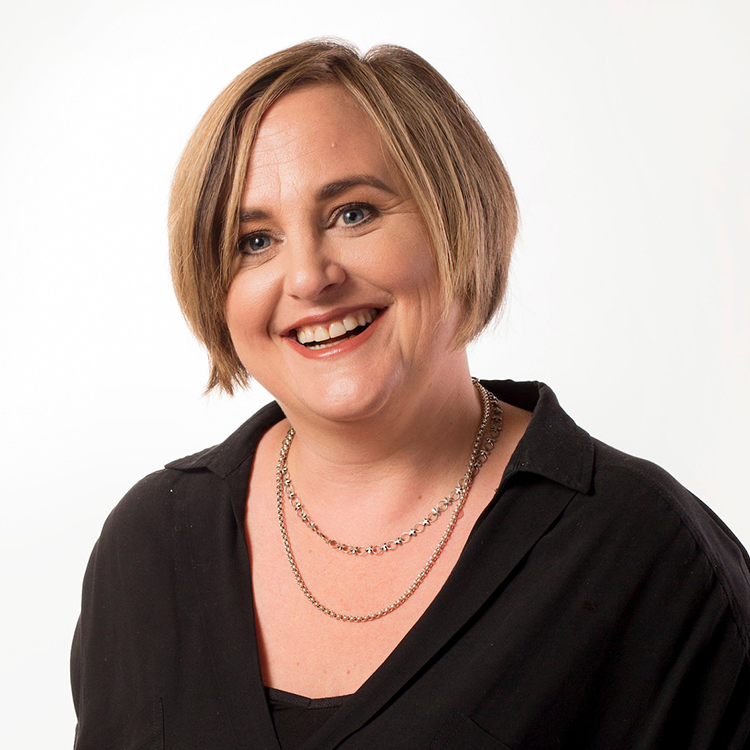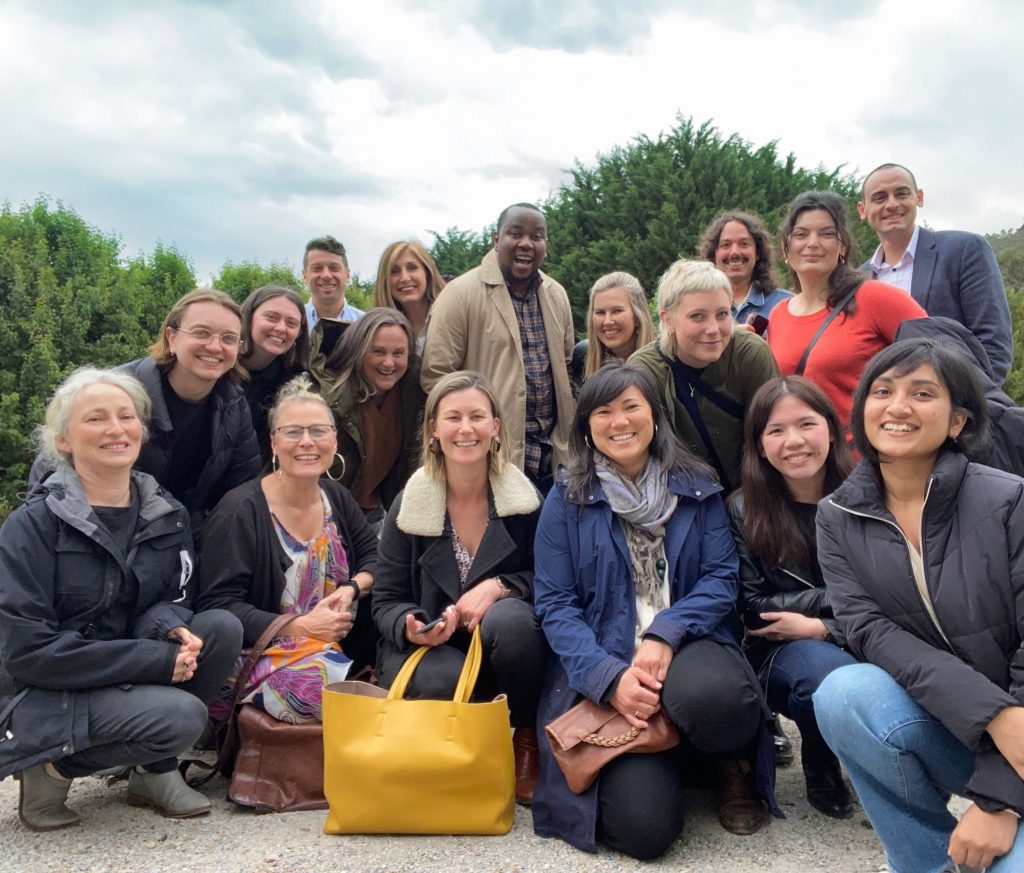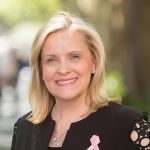WHY I GIVE: SUE WOODWARD, AM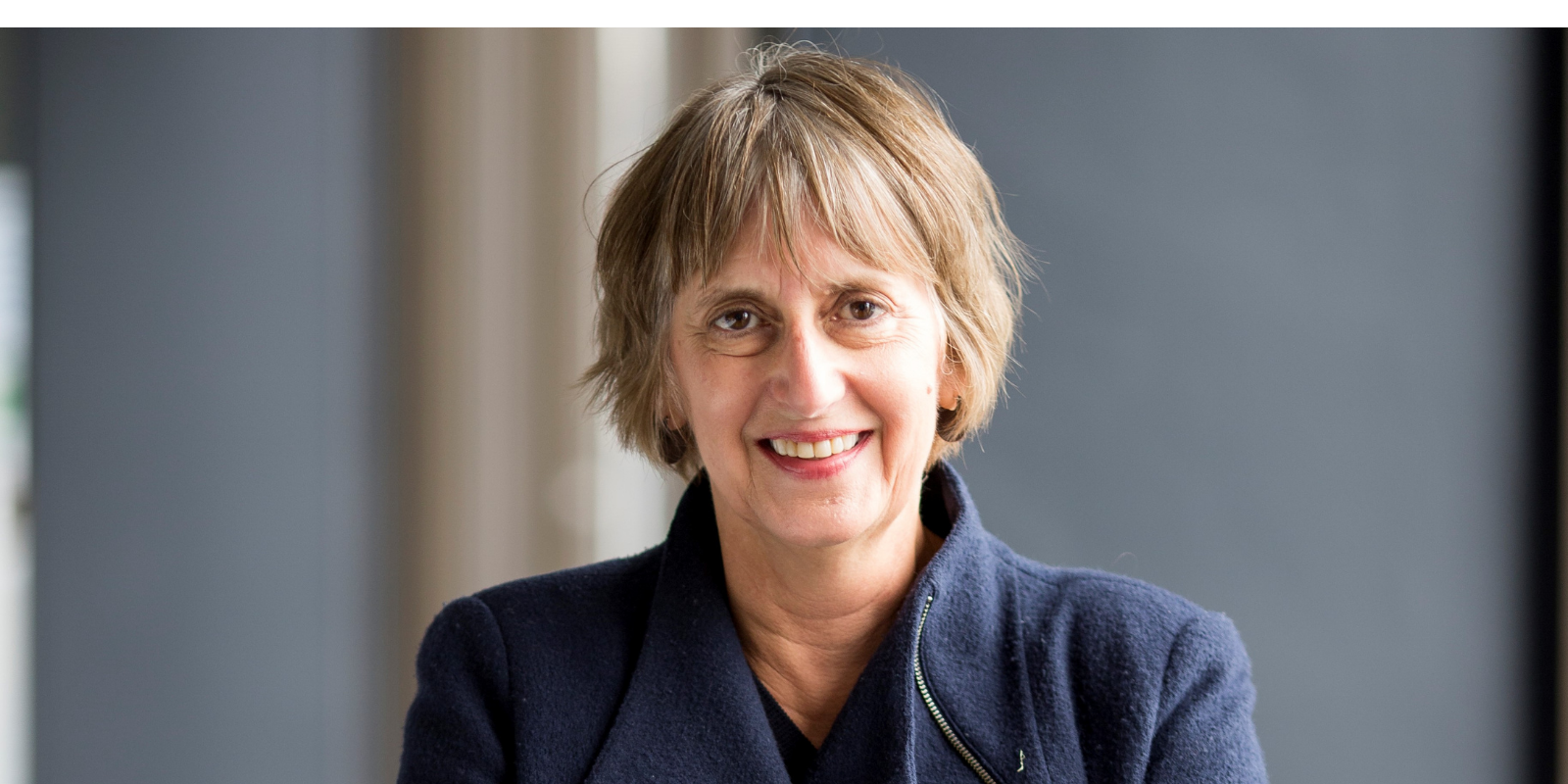
Charity lawyer, advocate and newly appointed Australian Communities Foundation Director, Sue Woodward, AM always knew that she was destined for a career that involved helping others.
Initially, she set her sights upon becoming a secondary school legal studies teacher after dismissing nursing and social work as areas she “couldn’t pull off”. As fate would have it, she was destined to build a distinguished legal career helping non-profit organisations navigate Australia’s difficult regulatory and policy environment.
“I fell into doing law,” Sue admits. “It was only when I found out that the teaching quota at uni was full that I ended up studying law.
“In my soul I always had a desire to make a difference and do something that would help the community,” she continues. “I’ve always been driven to find something I was good at and to use that to find a job that matched my experience, purpose and passion.”
During her 12 years at Justice Connect, where she is Head of Not-for-Profit Law, Sue has been instrumental in advocating for better policies and laws for Australia’s charities and community organisations. Her efforts were recognised in this year’s Queens Birthday 2021 Honours List, but Sue is quick to share the credit for the accolade.
“As clichéd as it sounds, I do feel humbled to receive my Queen’s Birthday honour. It’s recognition of the work of the sector, the team I’m in and the organisations I’m involved with,” she says with characteristic humility.
Some of Sue’s achievements include the establishment of Justice Connect’s Not-for-Profit Law program which provides a national support service for non-profits across Australia; launching the #FixFundraising campaign; advocating for improved regulatory reforms; and supporting plain language legal education for the sector.
“All the work I’ve been doing in recent years is about policy and advocacy and trying to reduce the red tape and administrative burden charities face,” Sue says.
“When I look back across my career, I think one of the most helpful things I’ve learned is problem solving. Really spending time identifying the problem, researching it, and working towards a practical solution. That’s what’s guided my work in the not-for-profit sector, thinking about what would provide practical help to small organisations.”
When the opportunity arose to join the Board at Australian Communities Foundation, Sue seized the opportunity.
“I had always been aware of and tracked the organisation from the sidelines because of how progressive Australian Communities Foundation had been, particularly in things like responsible investing which is an area where the Foundation has shown great leadership.
“I like that it’s a community of givers that recognises our impact together can be greater than the sum of our parts. Also, that with a small amount of money, you can get started and be part of a vision for a fairer Australia.”
Within weeks of joining the organisation, Sue began her structured giving journey by opening a Gumnut Account of her own.
“It’s something that’s been on my radar for a while now,” she explains. “Over the long-term I’ve always put aside a certain amount aside to donate each year to things like mental health, overseas aid with a gender lens, and the empowerment of women. I’ve often tried to seek out the programs and organisations that don’t get a lot of attention. I like that being part of the ACF giving community will help me continue to identify those groups that you wouldn’t otherwise hear about.”
Sue has named her Gumnut ‘Higher Ground’ and says that her children will also play a role in the philanthropic decision-making when the account matures to become a fully-fledged grantmaking fund.
“I chose the name Higher Ground because it’s important that we think about the higher order here and not just our own little patch,” Sue says, while adding that she’s also a fan of the Stevie Wonder song of the same name.
“I truly believe that if we get stuck looking up from the bottom of the cliff, then nothing changes.
“But, if you take a portfolio view to giving, where you look at a range of different approaches, then the potential is enormous because we’re asking questions like, ‘What difference can we make to more than one organisation or cohort? How can we support the sector as a whole? How can we change the law? How can we support advocacy?’
“I guess that’s the problem solver in me – I always want to help get things fixed in a very practical way.”

